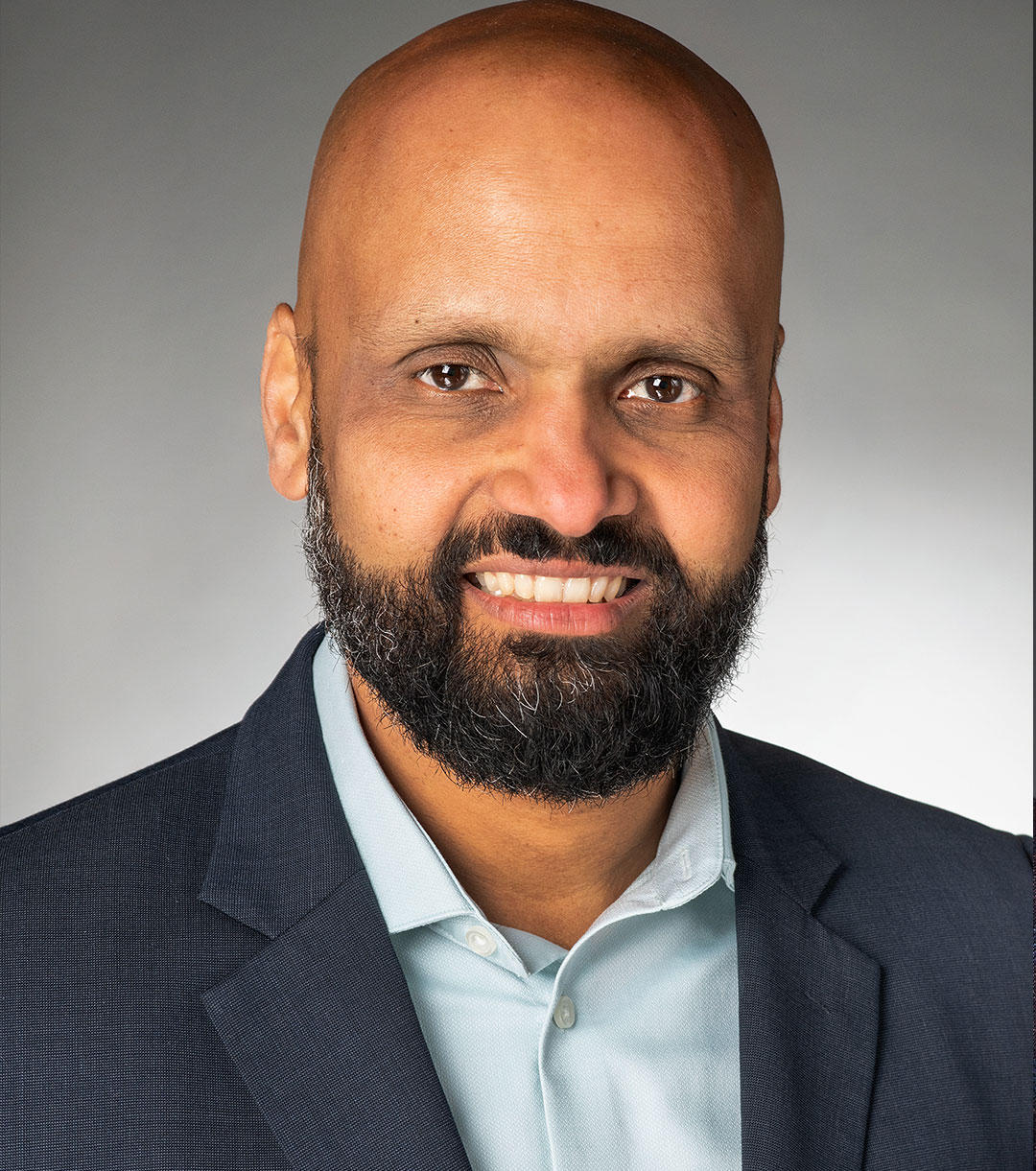Behavioral Health Team

Our licensed experts provide psychology and psychiatry services for families whose children and adolescents, ages 2 to 18, are experiencing behavioral, neurodevelopmental and emotional challenges such as depression and anxiety to attention deficit disorders (ADD/ADHD) and autism spectrum disorders.
Because we are part of the Cook Children's Health System, we are also uniquely positioned to care for those children coping with mental health as well as chronic physical conditions or diagnoses.
Depending on the severity of a child's condition, we provide inpatient and partial hospitalization programs on the main campus of Cook Children's Medical Center and outpatient services in eight clinic settings across Tarrant and Denton counties.
Our services include:
- Diagnostic testing and evaluation
- Outpatient therapy and counseling
- Inpatient and partial hospitalization programs
- Medication management
- Family support groups
Our doctors:
Meet our psychiatry team
Our experienced psychiatrists, social workers and nurses understand the wide-reaching impact of a behavioral disorder, emotional problems or psychiatric disease, and we will give your child and family all of the tools you need to manage your unique situation.
-
 Latasha Baker Psychiatric Mental Health Nurse Practitioner
Latasha Baker Psychiatric Mental Health Nurse Practitioner
MSN, APRN, PMHNP-BC -
 Whitney Dragon SC Nurse Practitioner
Whitney Dragon SC Nurse Practitioner
APRN, PMHNP-BC -
 Monica Nelson Psychiatric Mental Health Nurse Practitioner
Monica Nelson Psychiatric Mental Health Nurse Practitioner
MSN, APRN, PMHNP-BC -
 Oludotun Peters SC Nurse Practitioner
Oludotun Peters SC Nurse Practitioner
APRN, PMHNP-BC -
 Annick Uwimana SC Nurse Practitioner
Annick Uwimana SC Nurse Practitioner
PMHNP -
 Harrison Howard SC Physician Assistant
Harrison Howard SC Physician Assistant
PMHNP -
Shayle Andonov, LPC
Behavioral Health -
Whitney Appleby, Ph.D.
Behavioral Health -
Marissa Benners, Ph.D.
Behavioral Health -
Lizzy Brown, LPC
Behavioral Health -
Sheila Camp, LPC
Behavioral Health -
Rebecca Clark, LPC
Behavioral Health -
Lindsey Stevens, LPC
Behavioral Health -
Denise Coover, LCSW
Behavioral Health -
Joy Crabtree, Psy.D.
Behavioral Health -
Carolyn Cruse, Psy.D.
Behavioral Health -
Lisa Elliott, Ph.D.
Behavioral Health -
Christopher Gilbert, LPC
Behavioral Health -
Stephanie Golden, LPC
Behavioral Health -
Lyndsay Hall, Ph.D.
Behavioral Health -
Corey Heath, Ph.D.
Behavioral Health -
Janette Hernandez, LPC
Behavioral Health -
Erin Hyken, Psy.D.
Behavioral Health -
Amanda Jordan, Ph.D.
Behavioral Health -
Sam McCage, Ph.D., LPC
Behavioral Health -
Whitney McGee, Psy.D.
Behavioral Health -
Dana O'Brien, LPC
Behavioral Health -
Kathleen Shea, LCSW
Behavioral Health -
Amanda Smith, Ph.D.
Behavioral Health -
Yolanda Valenzuela, Ph.D.
Behavioral Health -
Joseph Waibel, LPC
Behavioral Health -
Laura Wright, LPC
Behavioral Health -
Christina York, Ph.D.
Behavioral Health -
Lena Zettler, LPA
Behavioral Health
Meet our psychology team
Our experienced psychologists, social workers and nurses understand the wide-reaching impact of a behavioral disorder, or emotional problems and we will give your child and family all of the tools you need to manage your unique situation.
-
Shayle Andonov, LPC
Behavioral Health -
Whitney Appleby, Ph.D.
Behavioral Health -
Marissa Benners, Ph.D.
Behavioral Health -
Lizzy Brown, LPC
Behavioral Health -
Sheila Camp, LPC
Behavioral Health -
Rebecca Clark, LPC
Behavioral Health -
Lindsey Stevens, LPC
Behavioral Health -
Denise Coover, LCSW
Behavioral Health -
Joy Crabtree, Psy.D.
Behavioral Health -
Carolyn Cruse, Psy.D.
Behavioral Health -
Lisa Elliott, Ph.D.
Behavioral Health -
Christopher Gilbert, LPC
Behavioral Health -
Stephanie Golden, LPC
Behavioral Health -
Lyndsay Hall, Ph.D.
Behavioral Health -
Corey Heath, Ph.D.
Behavioral Health -
Janette Hernandez, LPC
Behavioral Health -
Erin Hyken, Psy.D.
Behavioral Health -
Amanda Jordan, Ph.D.
Behavioral Health -
Sam McCage, Ph.D., LPC
Behavioral Health -
Whitney McGee, Psy.D.
Behavioral Health -
Dana O'Brien, LPC
Behavioral Health -
Kathleen Shea, LCSW
Behavioral Health -
Amanda Smith, Ph.D.
Behavioral Health -
Yolanda Valenzuela, Ph.D.
Behavioral Health -
Joseph Waibel, LPC
Behavioral Health -
Laura Wright, LPC
Behavioral Health -
Christina York, Ph.D.
Behavioral Health -
Lena Zettler, LPA
Behavioral Health
Testing and diagnosis
What is normal development and what isn't?
As children grow and develop, it can often be hard for a parent or caregiver to know what is part of a child's normal development or what could be considered something more serious. Actions such as anxiety, anger, and shyness can be a part of developmental growth or a temporary condition rather than an illness. However, when troubling behaviors occur over a period of time or in a way that disrupts daily life, they could be considered symptoms of a disorder.
How are mental health issues diagnosed?
Diagnosis usually begins with a medical doctor to try and rule out any physical reasons for the difficulties. Lab tests may also be done to test for side effects of medication, for allergies, or for other conditions that could produce symptoms.
If no medical reason is found for the behavior, the doctor often refers the child to a psychologist or psychiatrist who treats children and adolescents. A psychologist is trained to evaluate and diagnose mental illnesses but usually treats them through counseling or behavioral therapy. A psychiatrist is a medical doctor who can diagnose mental illnesses and write prescriptions for medication. Often, the two will work together to provide a combination of counseling and medication. Other therapies, such as music or art, may be added to conventional treatments.
In the state of Texas, only licensed psychologists are qualified to provide formal psychological assessments. Our Ph.D. psychologists are trained in pediatric assessments including:
- Learning disabilities
- Intelligence Quotient (IQ)
- Attention-deficit hyperactivity disorder (ADHD)
- Autism spectrum disorder
- Mood and bipolar disorders
- Psychotic disorders
- Dual diagnoses
Our psychologists meet face-to-face with families and provide comprehensive written reports to review testing results and provide recommendations for home, school and other activities.
Some disorders begin in childhood and continue into adolescence and adulthood. Others go away or improve with age, and some begin later in life. Mental illnesses are usually caused by a combination of factors that fall into four broad categories: environmental, genetic, biological, and psychological. For instance, a child who has a genetic predisposition may develop a disorder when exposed to toxins or physical abuse.
Although many parents want to avoid medication or the stigma of a mental diagnosis, the prognosis is brighter with proper treatment. If a child does not receive necessary care, the illness may continue into adulthood, creating high risk for issues such as substance abuse, antisocial behavior, or suicide. When given a correct diagnosis and treatment, outlook for a healthy life as an adult is much more positive.
Psychology versus psychiatry
What is the difference between a psychiatrist and a psychologist?
Psychiatrists and psychologists are different types of doctors trained to help people deal with mental health issues. Both are there to talk you through problems. They aim to provide you with the means to manage the issues in your everyday life. Our psychiatrists and psychologists are specially trained in caring for children and adolescents.
Psychiatrists are medical doctors and can prescribe medicine. Psychologists have degrees in the study of the mind and human behavior. Neuropsychology focuses on studying and treating problems related to brain function caused by brain disorders or injuries.
In many cases, psychologists and psychiatrists work together to determine the best course of treatment for a child.
Our psychiatrists, psychologists and neuropsychologists are supported by a team of therapists, nurses and other professionals committed to serving children, adolescents and their families.
We're here to help
To access any of our services, please contact our Intake Department by calling 682-885-3917. To expedite your call, please have your child's date of birth and insurance information ready.







